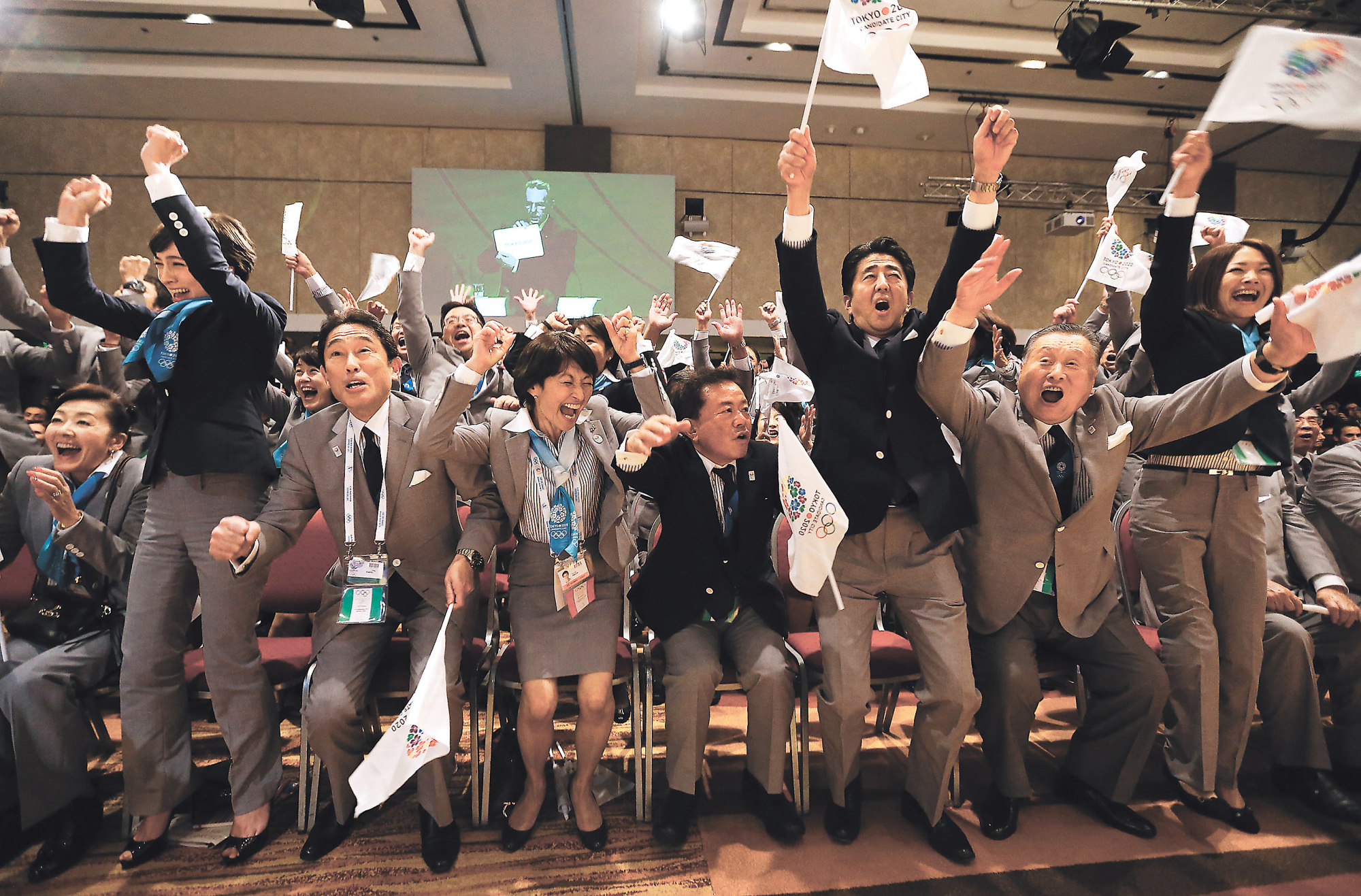The estimated cost of the 2020 Olympic Games has increased astronomically since Tokyo won the right to host it. On Dec. 22, Asahi Shimbun reported that the estimated price could be as much as ¥1.8 trillion. The original bid estimate for constructing new Olympic venues was ¥499 billion and that is now ¥680 billion. Transportation costs have increased from ¥23.3 billion to ¥140 billion, security from ¥20.5 billion to ¥160 billion and "software" expenses from ¥257 billion to ¥520 billion.
Of this, the Tokyo 2020 Organizing Committee has said it will pay ¥500 billion, meaning that the remaining ¥1.3 trillion will be split somehow between Tokyo and the central government, which doesn't want to pay anything because, according to the Olympic charter, the games are the responsibility of a city, not a country.
When people complain about the high cost, supporters of the games respond by saying that the Olympics will bring a lot of money to Tokyo and, by extension, Japan. This argument is couched in terms of keizai kōka, or "economic effectiveness." According to the March 7 edition of the Nihon Keizai Shimbun, Tokyo estimates the nationwide economic effectiveness of the 2020 Games to be ¥32.3 trillion over an 18-year period from 2013 to 2030. In addition, the Olympics will generate 1.94 million jobs during that period.



















With your current subscription plan you can comment on stories. However, before writing your first comment, please create a display name in the Profile section of your subscriber account page.